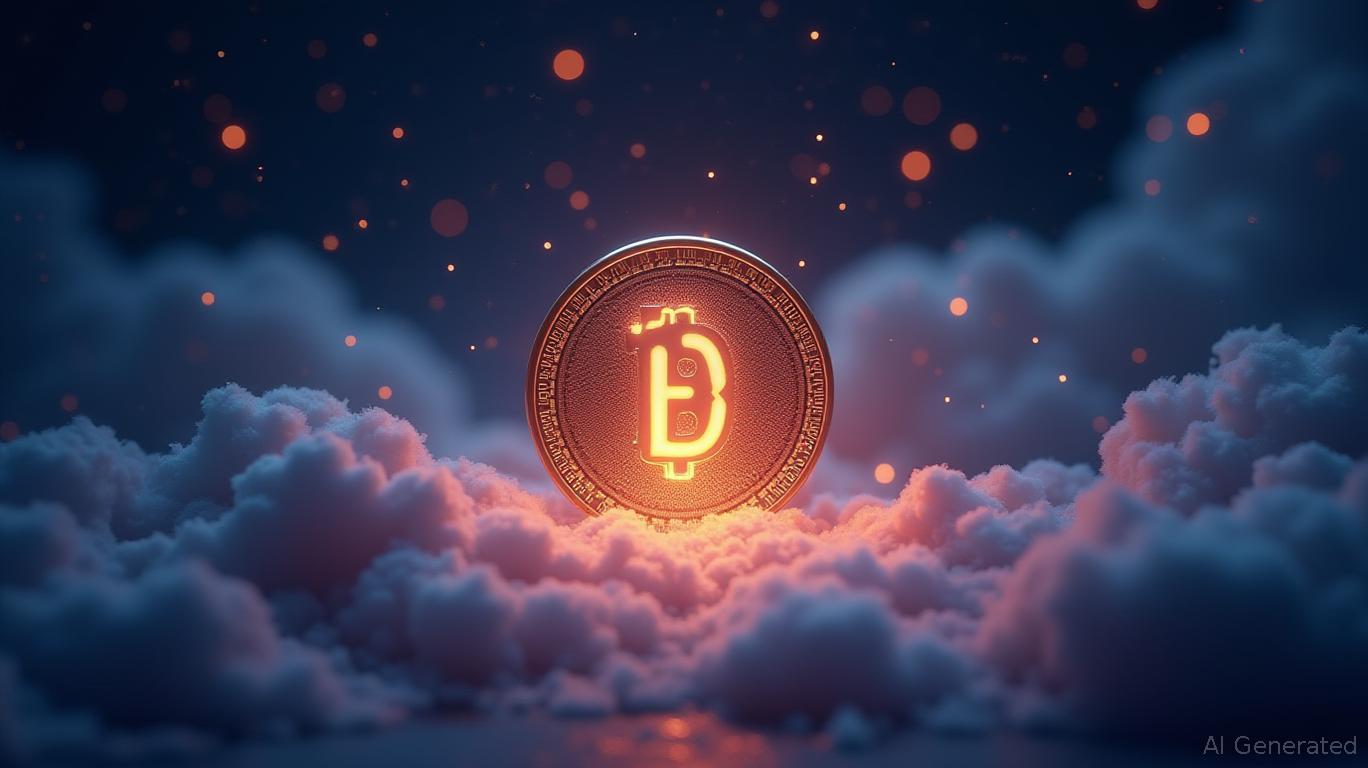Heaven, a memecoin launchpad on the Solana blockchain, has launched with a radical financial model: burning 100% of its protocol revenues via token buybacks. The initiative, dubbed the “God Flywheel” by the team, aims to create a self-sustaining value proposition for token holders by systematically reducing the supply of LIGHT, the native token of the platform [2]. Within just one week of its launch, Heaven reported spending $1.4 million in buybacks, representing 2% of its total token supply [2]. The project’s aggressive approach has driven the market cap of LIGHT up 225%, reaching $64 million in a short span [2].
Heaven’s buyback strategy is part of a broader shift in tokenomics, where projects are leveraging liquidity and scarcity to drive long-term holder value. Unlike traditional buybacks, which are often used to signal a company’s financial health or return capital to shareholders, Heaven’s approach is designed to serve as a marketing tool and governance mechanism. By burning all protocol revenues, the platform is creating a feedback loop in which token value appreciation is directly tied to the platform’s usage and growth [2].
The launchpad is also integrated with its own automated market maker (AMM) decentralized exchange (DEX), which deploys tokens exclusively through its platform. This vertically integrated structure allows Heaven to enforce stricter fee collection parameters and categorize tokens into different tiers—“Creator,” “Community,” and “Blocked”—each with varying fee structures. The team’s goal is to create a reputation-based system where tokens listed on Heaven are perceived as higher quality and more trustworthy [2].
In addition, the launchpad has introduced anti-MEV (maximal extractable value) mechanisms, including a six-second linearly decaying “sniper tax” on newly launched tokens. These features aim to deter front-running and other market manipulation tactics common in memecoin trading [2]. While the effectiveness of such measures remains to be seen, they indicate a more structured and intentional approach to token launching, which is rare in the fast-moving and often speculative memecoin space.
The broader Solana ecosystem is currently experiencing a surge in on-chain activity, with over $1.54 billion in memecoin trading volume recorded in the past week [1]. This trend underscores Solana’s appeal as a platform for rapid and cost-effective token launches. CoinShares’ latest report also noted a $176 million inflow into Solana-based products, further highlighting institutional and retail interest in the chain [2].
Heaven’s approach is not without risk. By committing all protocol revenues to buybacks, the project leaves little room for product development or operational flexibility. If the platform fails to sustain high transaction volumes, the buyback rate could slow, potentially undermining the token’s momentum. Additionally, the closed nature of Heaven’s DEX could lead to liquidity fragmentation if its pools are not well integrated with broader routing protocols [2].
Nevertheless, the project has already demonstrated significant traction, with 15% of Solana launchpad market share captured in just one week [2]. It has surpassed established launchpads like LetsBonk, Moonshot, and Jup Studio, despite being a relative newcomer. The success of Heaven’s model may encourage other Solana-based projects to adopt similar revenue recycling strategies, further reinforcing the chain’s position as a hub for innovative token design.
Sources:
[1] SolanaFloor (https://solanafloor.com/zh/news/market-sees-sharp-pullback-as-solana-onchain-activity-surges)
[2] Blockweeks (https://blockweeks.com/view/157535)
[3] The (https://thedefiant.io/news/defi/heaven-dex-surges-post-ico-on-token-buybacks)
[4] Medium (https://medium.com/@dpycm/heavens-door-80ea694c422b)
